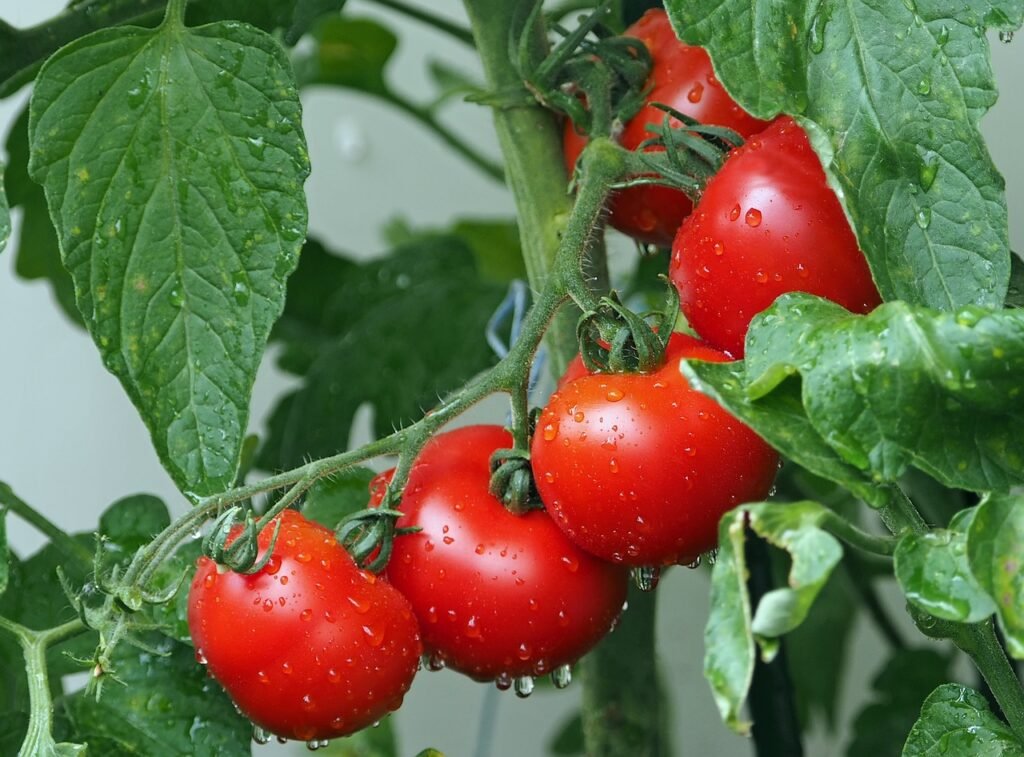As technology continues to advance at a rapid pace, it is no surprise that the agricultural industry is also embracing the power of artificial intelligence (AI). With the help of AI, farmers and agricultural experts are revolutionizing the way they approach farming, leading to more efficient and sustainable practices. In this article, we will explore some of the most exciting innovations in AI-powered precision agriculture and smart farming.
Precision Agriculture with AI
Precision agriculture involves using technology to optimize crop production and maximize yields while minimizing the use of resources such as water, fertilizers, and pesticides. AI plays a crucial role in precision agriculture by analyzing vast amounts of data collected from sensors, drones, satellites, and other sources. By leveraging AI algorithms, farmers can make data-driven decisions and take timely actions to improve crop health and productivity.
Smart Farming Innovations
AI-powered crop monitoring systems are transforming the way farmers monitor and manage their fields. These systems use computer vision and machine learning algorithms to analyze images captured by drones or satellites, providing valuable insights into crop health, growth patterns, and potential issues. With this information, farmers can take proactive measures to address problems such as nutrient deficiencies, pest infestations, or irrigation issues.
Automated farm management is another area where AI is making a significant impact. AI algorithms can analyze data from various sources, including weather forecasts, soil sensors, and historical data, to optimize irrigation schedules, fertilizer application, and pest control. This not only reduces manual labor but also minimizes the use of resources, resulting in cost savings and environmental benefits.
AI Algorithms for Soil Analysis
Soil health is critical for successful crop production. AI algorithms can analyze soil samples and provide detailed insights into soil composition, nutrient levels, and potential contaminants. This information helps farmers make informed decisions about soil management, such as adjusting pH levels, applying specific fertilizers, or implementing soil conservation practices. By optimizing soil health, farmers can improve crop yields and reduce the environmental impact of farming.
Smart Irrigation Systems with AI
Water scarcity is a significant concern in many agricultural regions. AI-powered smart irrigation systems use real-time data from soil moisture sensors, weather forecasts, and crop water requirements to optimize irrigation schedules. By delivering the right amount of water at the right time, these systems minimize water waste and ensure optimal crop growth. AI algorithms can also detect leaks or malfunctions in irrigation systems, allowing for prompt repairs and preventing water loss.
AI-Driven Crop Yield Prediction
Predicting crop yields accurately is crucial for planning harvests, managing logistics, and making informed business decisions. AI algorithms can analyze historical data, weather patterns, soil conditions, and other factors to predict crop yields with high accuracy. This information helps farmers optimize their operations, plan for market demand, and reduce potential losses.
Autonomous Agricultural Machinery with AI
Autonomous agricultural machinery, such as robotic harvesters or weed control systems, are becoming increasingly common in modern farming. These machines use AI algorithms to navigate fields, identify crops or weeds, and perform specific tasks efficiently. By automating labor-intensive processes, farmers can save time, reduce costs, and improve overall productivity.
AI-Enhanced Pest Control in Farming
Pests and diseases pose significant threats to crop health and productivity. AI-powered pest control systems can identify pests or diseases early on by analyzing images or sensor data. This enables farmers to take prompt action, such as targeted pesticide application or implementing biological control methods. By detecting and managing pests more effectively, farmers can minimize crop losses and reduce the need for chemical interventions.
AI-Based Livestock Monitoring
AI is not limited to crop farming; it also has applications in livestock management. AI-powered systems can monitor animal behavior, health, and feed consumption, providing valuable insights into the well-being of livestock. By detecting early signs of illness or stress, farmers can take preventive measures and ensure the overall health and productivity of their animals.
Remote Sensing and AI in Agriculture
Remote sensing technologies, such as satellite imagery or drones, combined with AI algorithms, offer powerful tools for monitoring large agricultural areas. These technologies can provide valuable information about crop health, growth patterns, and environmental conditions. By analyzing this data, farmers can identify areas that require attention, optimize resource allocation, and make informed decisions about crop management.
AI Applications in Agribusiness
AI is not only transforming on-farm practices but also revolutionizing various aspects of agribusiness. From supply chain optimization to market analysis and forecasting, AI algorithms can process vast amounts of data and provide valuable insights. This enables agribusinesses to make data-driven decisions, improve efficiency, and stay ahead in a highly competitive market.
AI-Powered Climate Adaptation in Agriculture
Climate change poses significant challenges to agriculture, including extreme weather events, changing precipitation patterns, and shifting growing seasons. AI can help farmers adapt to these changes by analyzing historical climate data, predicting future climate patterns, and providing recommendations for climate-resilient farming practices. By leveraging AI-driven climate adaptation strategies, farmers can mitigate risks and ensure the long-term sustainability of their operations.
Precision Planting with AI
AI-powered planting systems can optimize seed placement, spacing, and depth, resulting in more uniform crop emergence and higher yields. By analyzing soil conditions, weather forecasts, and crop requirements, AI algorithms can determine the ideal planting parameters for each field. This precision planting approach not only maximizes crop productivity but also minimizes resource wastage.
In conclusion, AI is revolutionizing the agricultural industry by enabling precision agriculture, smart farming practices, and data-driven decision-making. From crop monitoring and irrigation optimization to pest control and livestock management, AI-powered solutions are improving efficiency, sustainability, and profitability in agriculture. As technology continues to evolve, we can expect even more exciting innovations that will shape the future of farming.

